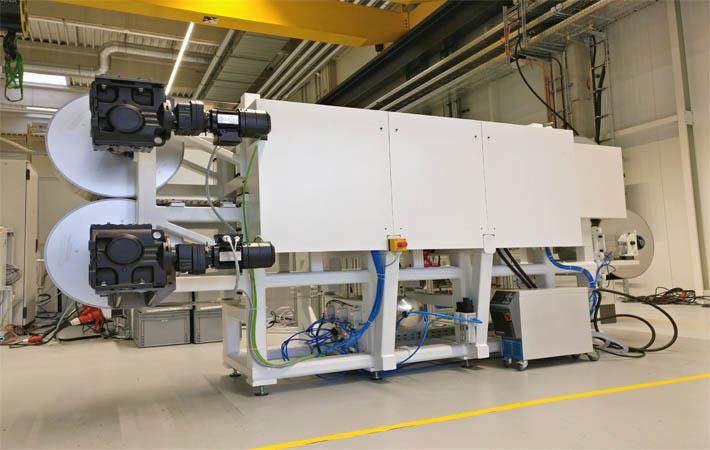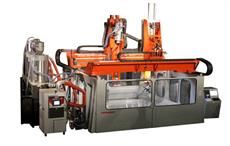Tape inserts offer enormous potential for injection moulding parts, according to a research analysis in a major consortial project led by Aachen Centre for Integrative Lightweight Production (AZL), a leading engineering consultant in Germany; and the Institute for Plastics Processing at RWTH Aachen University (IKV), a teaching and research institute.
“We are so satisfied with the progress and results of the study that we have already defined several follow-up projects and are also forming a consortium for the short-term identification and implementation of new applications,” Christian Hopmann, founding professor of the AZL and head of the IKV said in a press release.Tape inserts offer enormous potential for injection moulding parts, according to a research analysis in a major consortial project led by Aachen Centre for Integrative Lightweight Production (AZL), a leading engineering consultant in Germany; and the Institute for Plastics Processing at RWTH Aachen University (IKV), a teaching and research institute.#
In cooperation with 20 industrial partners, the two renowned Aachen research institutes AZL and IKV carried out a detailed analysis of tape inserts in injection moulded components over a period of eight months. The tapes, which are a few tenths of a millimetre thick, are continuous fibres, typically made of glass or carbon, completely impregnated and embedded in a thermoplastic matrix. The tapes can be precisely aligned to the loads in a component and are used primarily in high-performance applications with the aim of weight reduction. The aim of the conducted analysis was the identification of potential applications and the estimation of a wider range of applications.
The project was divided into several phases. Phase I was used to identify the current status. In 20 interviews with representative companies of the injection moulding industry, the researchers gathered why tape inserts have rarely been taken into account so far, when defining the material concepts to be analysed. The lack of information about the material class, the procedure and tools for the development process and the necessary production technologies were cited as major challenges. Based on the status quo, they developed a methodology for analysing the technological and economic potential of tape inserts in injection moulding applications.
The consortium, amongst others, consisting of Asahi Kasei, BASF, Borealis, BÜFA, Engel, Huesker, LG Hausys R&D centre, Mitsui, Nippon, Polyscope Polymers, Polytec, Simcon kunststofftechnische, Sabic, and Toray, will be part of the ‘Technology Information Day’ at K 2019, to be held on October 18, 2019, at Dusseltorf. The goal is to inform about the technology and to identify topics for future collaboration. The event will also be a platform for bringing together partners to develop the market and to cooperate within technological development projects.
Fibre2Fashion News Desk (GK)


